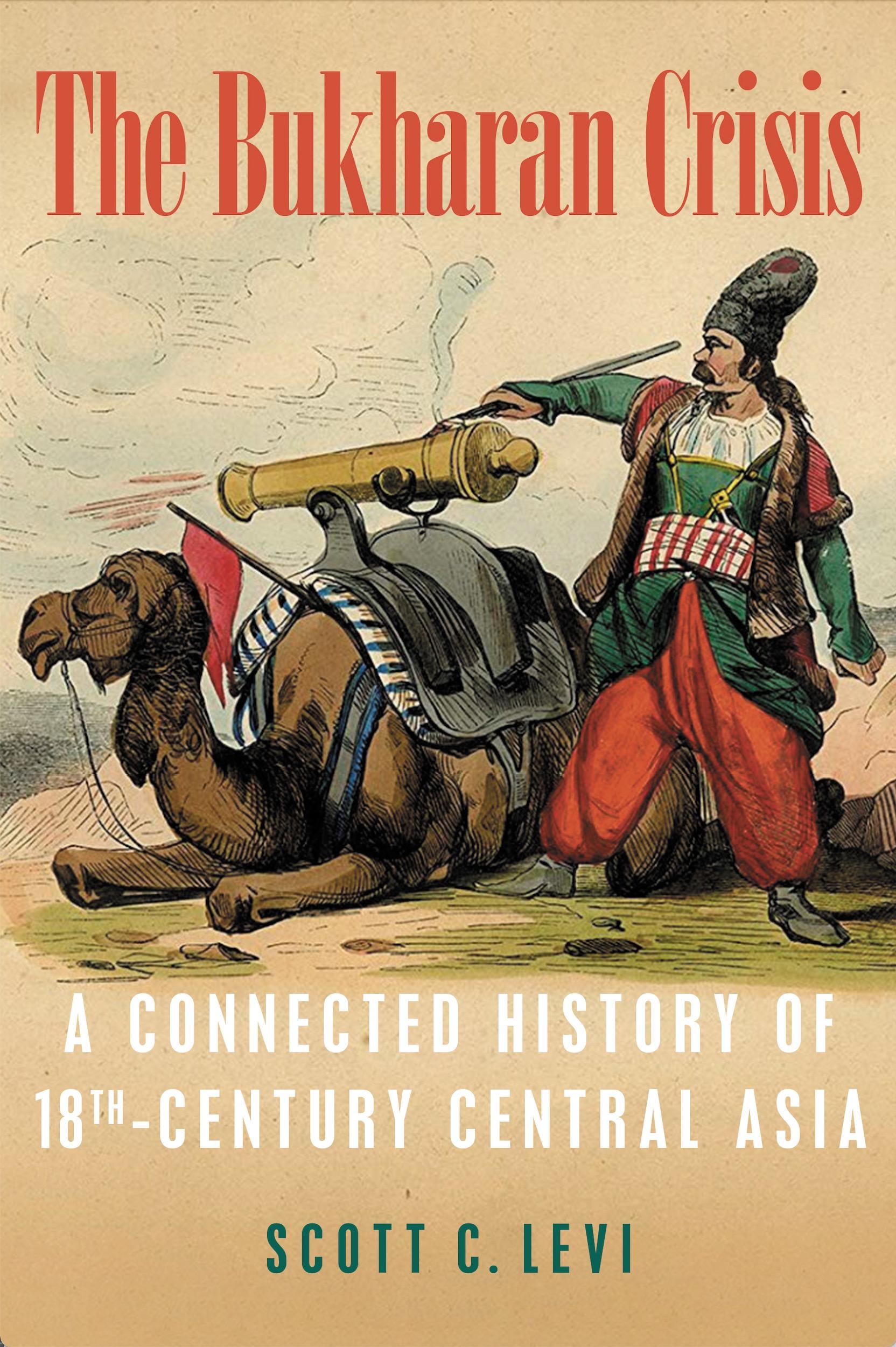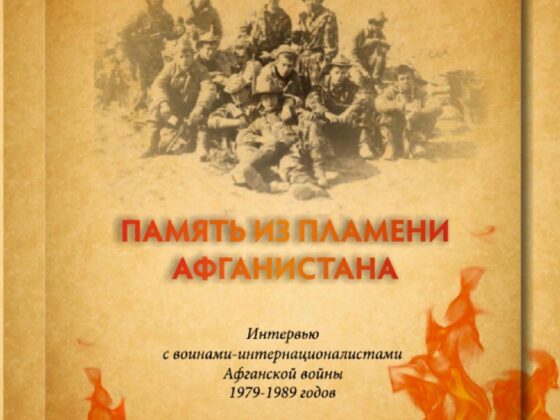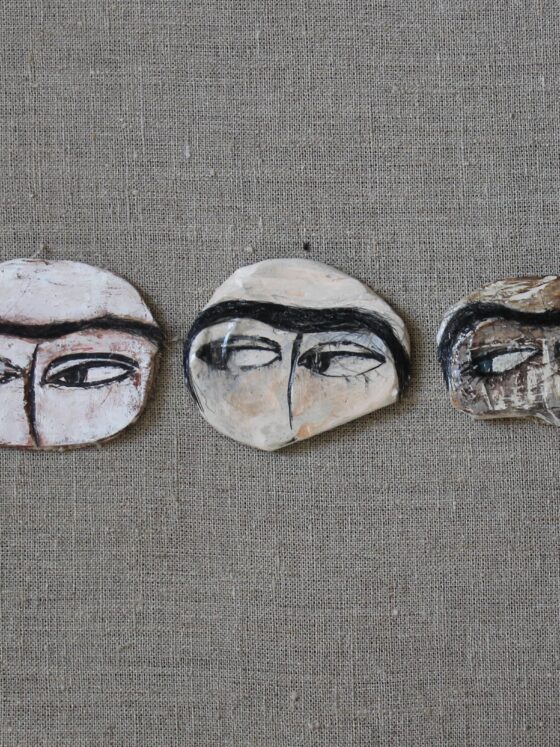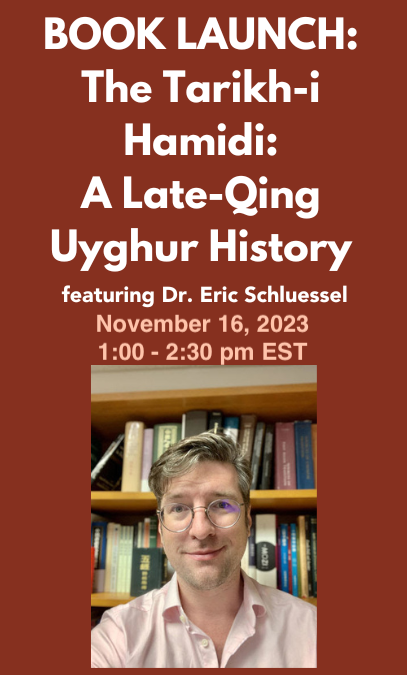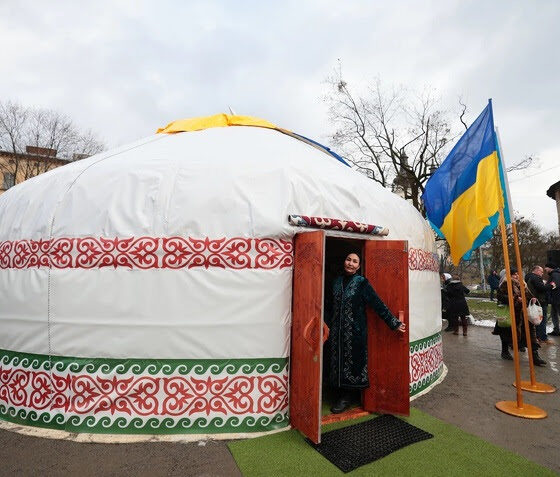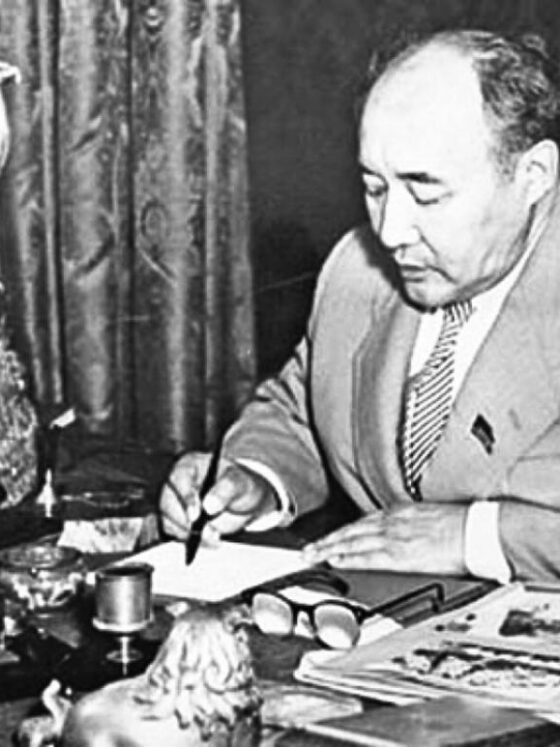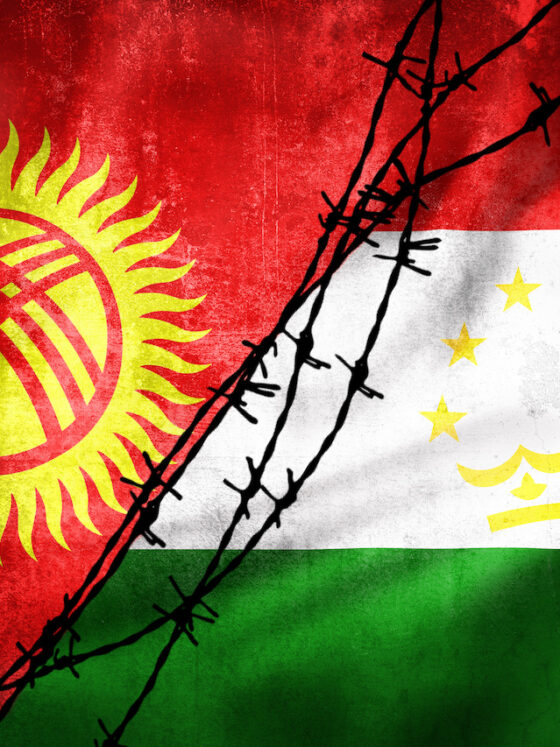April 20, 2021
In the first half of the eighteenth century, Central Asia’s Bukharan Khanate descended into a crisis from which it would not recover. Bukharans suffered failed harvests and famine, a severe fiscal downturn, invasions from the north and the south, rebellion, and then revolution. To date, efforts to identify the cause of this crisis have focused on the assumption that the region became isolated from early modern globalizing trends. The Bukharan Crisis exposes that explanation as a flawed relic of early Orientalist scholarship on the region.
In its place, Scott Levi identifies multiple causal factors that underpinned the Bukharan crisis. Some of these were interrelated and some independent, some unfolded over long periods while others shocked the region more abruptly, but they all converged in the early eighteenth century to the detriment of the Bukharan Khanate and those dependent upon it. Levi applies an integrative framework of analysis that repositions Central Asia in recent scholarship on multiple themes in early modern Eurasian and world history.
Speakers
 Scott Levi, Author
Scott Levi, Author
Scott Levi is Professor of Central Asian History at the Ohio State University, where he serves as chair of the Department of History and interim chair of the Department of Near Eastern Languages and Cultures. He works mainly on the social and economic history of early modern Central Asia, and his work aims to place the region in a broader, world historical context. He has published a number of articles, chapters, and books, the most recent of which are The Rise and Fall of Khoqand, 1709–1876: Central Asia in the Global Age (Pittsburgh, 2017) and The Bukharan Crisis: A Connected History of 18th-Century Central Asia (Pittsburgh, 2020). He currently serves as editor-in-chief for the Oxford Research Encyclopedia of Asian Commercial History.

Christopher P. Atwood, Discussant
Christopher P. Atwood is Professor in the Department of East Asian Languages and Civilizations at the University of Pennsylvania, where he teaches the history of Mongolia and the Inner Asian borderlands of China. He received his Ph.D. from Indiana University’s Central Eurasian Studies Department, where he worked with György Kara, Lynn Struve, Elliot Sperling, and Jeff Wasserstrom. Before coming to Penn, he taught for two decades at Indiana University, serving as department chair and interim director of the Center for Languages of the Central Asian Region. After getting by A.B. from Harvard University (1986), where he was introduced to Mongolian and Chinese studies by Joseph Fletcher and Francis W. Cleaves, he spent two years in Inner Mongolia, traveling and taking classes in the Mongolian language and literature department at Höhhot’s Inner Mongolia Normal University.

Marlene Laruelle, Moderator
Marlene Laruelle, Ph.D., is Director, Institute for European, Russian, and Eurasian Studies; Director, Central Asia Program; Director of Illiberalism Studies Program; Co-Director, PONARS-Eurasia; and Research Professor of International Affairs at George Washington University. She works on political, social and cultural changes in the post-Soviet space. Marlene’s research explores the transformations of nationalist and conservative ideologies in Russia, nationhood construction in Central Asia, as well as the development of Russia’s Arctic regions.

